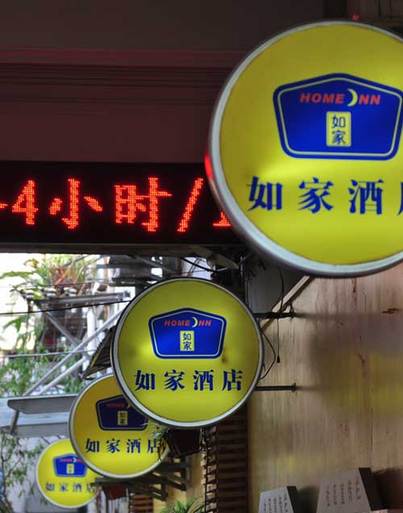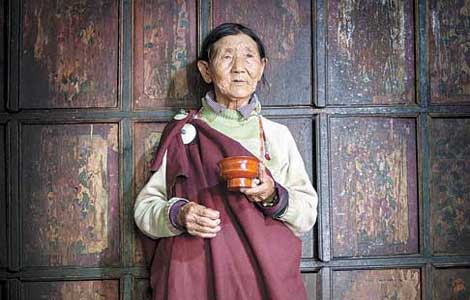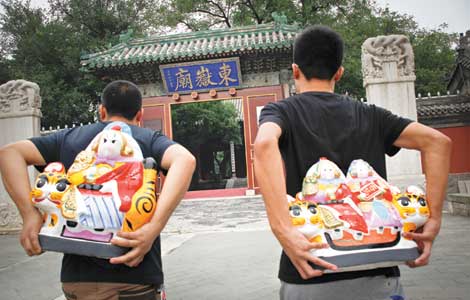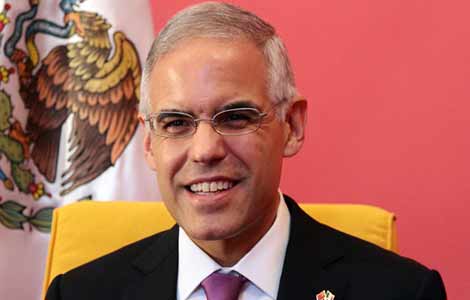Carlyle checks into Chinese hotel sector
Updated: 2013-09-19 23:33
By Cai Xiao (China Daily)
|
||||||||
New Century Hotels Real Estate Investment Group, the first Chinese hotel real estate investment trust, had its initial public offering in Hong Kong in July. The IPO raised HK$676 million ($87 million).
In addition, the company said it signed a three-year loan agreement totaling HK$1.93 billion with several banks led by Standard Chartered, with HK$1.47 billion of the funds coming from offshore loans.
 |
|
Brands such as Home Inn and Hanting have been industry leaders for a long time and grabbed a large market share of the budget hotel sector. However, experts say there are still some attractive deals in the hotel industry. provided to china daily |
Before Carlyle's investment, New Century only had a dozen hotels, but now it has 107 hotels in operation, with new ones in the pipeline.
Zhang said that, unlike the real estate sector, the hotel sector has to pay attention to profitability and brand cultivation. Some first-class hotels do not care for profitability and only hope that their land increases in value, Zhang added.
Carlyle helped New Century to focus on hotel development rather than on property projects, as well as on promoting its brand, inviting industry experts and improving its member systems and marketing operations.
Previously, New Century owned some land and more was rented, but now it will adopt an asset-light strategy.
Also, Zhang said that Chinese clients are the main customers of high-end hotels in second- and third-tier cities, so the company has launched several campaigns with Chinese characteristics to satisfy their requirements.
For instance, many Chinese customers don't mind spending over 1,000 yuan ($162.15) for a meal, but they only want to pay 600 to 700 yuan for a room.
New Century also pays close attention to its greeting patterns, the design of conference rooms, and even details such as the slippers provided to guests.
"As competition for good deals intensifies, being an industry insider with a professional attitude has to be a new trend," said Zhang, adding that the company will explore more opportunities in the hotel sector in the coming years.
Liu Zehui, managing director at Legend Capital, told China Daily that there are now fewer investment opportunities in the Chinese budget hotel sector, because brands such as Home Inn and Hanting have been industry leaders for a long time and grabbed a large market share. However, there are still some attractive deals in the hotel industry.
"Investing in middle- and high-end hotels in China can have great potential," said Liu, adding that domestic three- and four-star hotels have the advantage of local knowledge and lower costs when competing with foreign companies.
Liu added that Carlyle's deal to take 7 Days private may be profitable, but that growth will likely not be as high as it would have been in previous years because similar-level hotels have boosted operations, and many new competitors have entered the field.
In June 2012, budget hotel chain Pod Inn received investment totaling $55 million from five equity investment firms including Legend Capital. Pod Inn financed its first equity investment funds worth 5 million yuan with money from Legend Capital in 2010.
Pod Inn's chief operating officer Shi Yangqing told China Daily that Chinese customers are very rational when it comes to choosing hotels, and brand and services are very important.
"Although we operate budget hotels, we will not simply increase the number of branches. Instead, we focus more on details and personality," said Shi, adding that the decoration of Pod Inn hotels is fashionable and trendy and that they have just spent 10 million yuan to improve the beds.
By the end of 2013, Pod Inn plans to increase the number of its branches across China to 300.
Since entering the Chinese market in 1998, Carlyle has made about 70 deals in China. Of these, the amount of equity investment deals totaled $4.7 billion.
In 2012, Carlyle's investment in China totaled $700 million with the money coming from five funds related to the country. Carlyle also cashed out $1.5 billion in the country last year.
In January, Carlyle sold its remaining stake in China Pacific Insurance (Group) Co Ltd in a deal valued at $793 million. The private equity firm began selling its stake in the insurer in late 2010, and it earned about $4 billion from stock sales over that time, five times the $800 million it had invested between 2005 and 2007 for a 17 percent stake in the Chinese firm, according to calculations by Thomson Reuters.

 Wearable technology, the new game-changer
Wearable technology, the new game-changer
 Faces of Tibet
Faces of Tibet
 Parents told to think before clicking 'send'
Parents told to think before clicking 'send'
 Tapestry of Chinese culture and a Harvard teen's feeling
Tapestry of Chinese culture and a Harvard teen's feeling
 A simple but pure festival tradition
A simple but pure festival tradition
 Beijing's rabbit god returns
Beijing's rabbit god returns
 It's the real deal: Class explains genuine vs fake
It's the real deal: Class explains genuine vs fake
 An eclipse of the mooncake
An eclipse of the mooncake
Most Viewed
Editor's Picks

|

|

|

|

|

|
Today's Top News
Fed surprise: No pullback in bond purchases
Sanctions no solution to DPRK issue
A new tool to measure greenhouse gas is out
Gunman's mother apologizes
Godiva's chocolate mooncakes find favor in US
CNOOC makes trading debut in Toronto
China asked to help end Syrian conflict
Trade treaties trade spotlight
US Weekly

|

|





